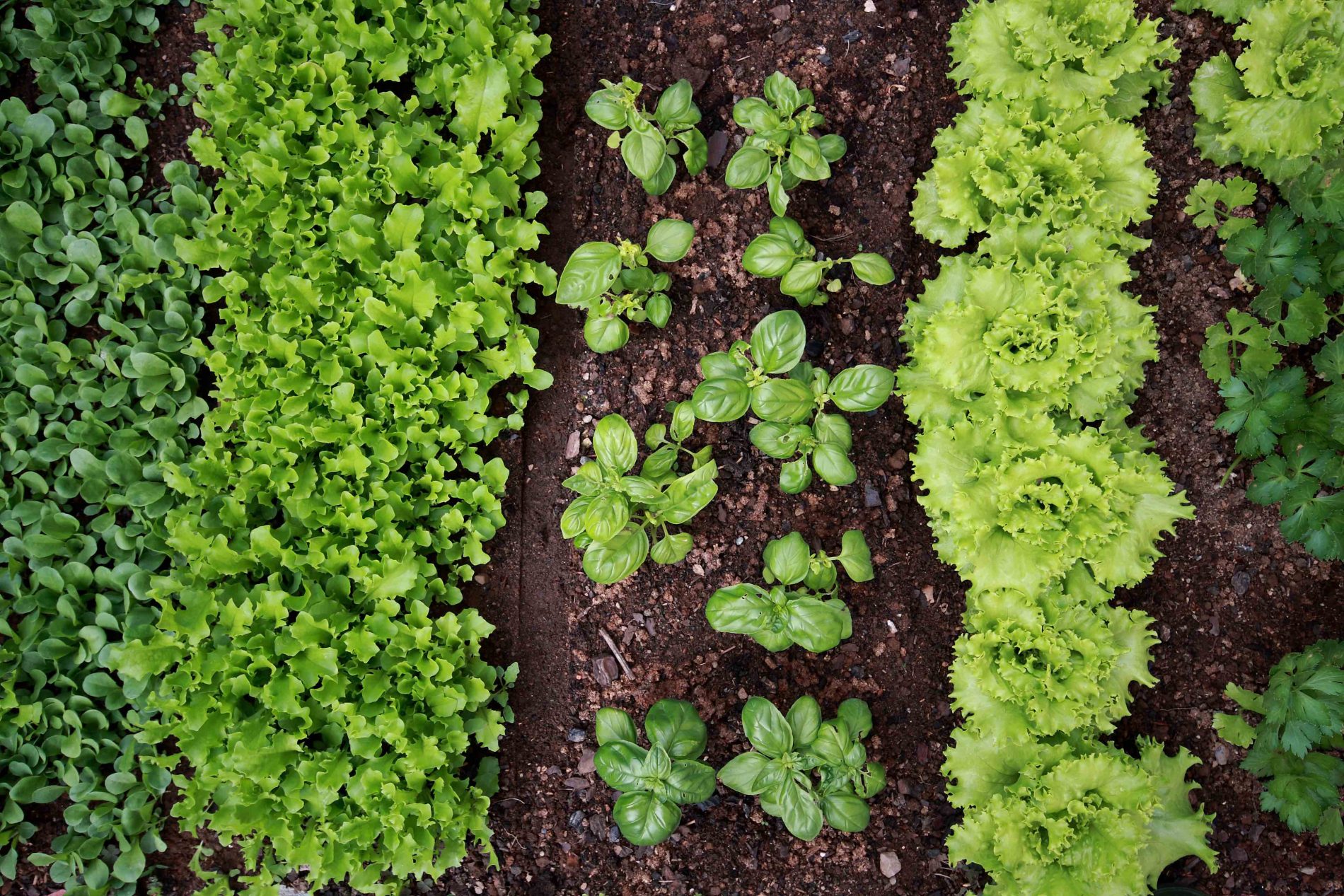The Green Secrets: Mastering Organic Gardening for a Sustainable Oasis

Nestled in the heart of sustainable living lies the art of organic gardening—a practice that not only nourishes our bodies but respects and nurtures the environment. In a world where the pursuit of healthier lifestyles is gaining momentum, finding ways to grow our own food naturally has become increasingly important. Organic gardening is not just a trend; it is a timeless method that connects us to the earth and allows us to create a sustainable oasis right in our own backyards.
For over a century, ‘Kellogg Garden’ Products has embodied the essence of organic gardening as a family-owned and operated company. With roots that run deep and span four generations, they have served as a trusted companion on the journey to cultivating sustainable and thriving gardens. Their dedication to providing high-quality organic products reflects their commitment to the principles that underpin organic gardening.
Now, armed with knowledge and inspiration, it’s time to dive into the world of organic gardening. Whether you’re a seasoned gardener seeking to enhance your current practices or a beginner looking to establish a flourishing organic garden, this article will guide you through the green secrets of mastering organic gardening for a sustainable oasis. So, let’s roll up our sleeves, grab our gardening tools, and embark on this exciting adventure that harmonizes our connection to nature while yielding bountiful and nutritious harvests.
###The Benefits of Organic Gardening
Organic gardening offers numerous advantages for both gardeners and the environment. By prioritizing natural methods and materials, this sustainable practice helps create a harmonious balance within the ecosystem. Let’s explore some of the key benefits of organic gardening.
Firstly, organic gardening promotes healthier soil. By avoiding synthetic pesticides, herbicides, and fertilizers, gardeners can preserve the natural fertility of the soil. This allows for the growth of beneficial microorganisms, which enrich the soil structure and increase its nutrient content. Healthy soil facilitates better plant growth, leading to stronger root systems and more resilient crops.
Secondly, organic gardening helps protect water quality. Unlike conventional gardening methods, which rely on chemical inputs, organic practices minimize water pollution risks. By using natural soil amendments and avoiding synthetic pesticides, harmful chemicals are prevented from leaching into groundwater or running off into nearby water bodies. This safeguarding of water quality contributes to the preservation of aquatic ecosystems and supports the overall health of our planet.
Thirdly, organic gardening promotes biodiversity. By avoiding the use of synthetic chemicals, organic gardeners provide a safe haven for a wide variety of beneficial organisms. These include pollinators, such as bees and butterflies, as well as beneficial insects that act as natural pest control agents. Encouraging biodiversity not only supports the delicate balance of ecosystems but also helps create a resilient and thriving garden.
In conclusion, organic gardening offers a range of benefits, including healthier soil, improved water quality, and increased biodiversity. By adopting organic practices, gardeners can contribute to the sustainability of our planet while enjoying the beauty and abundance of their gardens. As we delve deeper into the world of organic gardening, we will uncover more secrets to creating a sustainable oasis.
The Kellogg Garden Legacy
Kellogg Garden Products, a cherished family-owned and operated company, carries with it a rich history that spans an impressive four generations. With a commitment to organic gardening, Kellogg Garden Products has upheld its values throughout the years, establishing itself as a trusted name in the industry.
The story of Kellogg Garden Products begins with its founder, H. Clay Kellogg, who had a deep passion for enriching soils naturally. He understood the importance of sustainable gardening and sought to provide gardeners with organic solutions that would promote healthy plant growth while preserving the environment.
Over the years, Kellogg Garden Products has remained steadfast in its mission to deliver high-quality organic gardening products. Combining traditional knowledge with innovative techniques, the company has continuously evolved to meet the changing needs of gardeners, ensuring they have access to the best organic materials for their sustainable oasis.
Today, as a fourth-generation family business, Kellogg Garden Products continues to build on its legacy of organic excellence. With a commitment to environmental stewardship, they strive to empower gardeners to create thriving gardens using methods that are safe for both people and the planet. Their dedication to sustainability and their deep-rooted values make Kellogg Garden Products a true leader in the world of organic gardening.
Creating a Sustainable Oasis
Harmonizing with nature and nurturing the environment are at the core of organic gardening. By adopting organic practices, you can create a sustainable oasis that not only benefits your plants but also supports the delicate balance of the ecosystem. Here are some essential principles to guide you on this eco-friendly journey.
- https://kellogggarden.com/blog/raised-beds/how-to-make-a-raised-bed-using-pallets/
-
Soil Health: The foundation of organic gardening lies in cultivating and preserving healthy soil. Opt for natural fertilizers and soil amendments, such as compost and manure, which enrich the soil’s nutrients without harming microbial life. Take care to avoid synthetic chemicals that can disrupt the natural balance and long-term fertility of the soil.
-
Water Conservation: Conserving water is crucial in organic gardening, especially in regions prone to drought. Implement practices like mulching, which helps retain moisture in the soil, reducing the need for frequent irrigation. Consider installing a rainwater harvesting system to collect and utilize this precious resource efficiently.
-
Biodiversity Promotion: Encouraging biodiversity in your garden enhances its resilience and contributes to a sustainable oasis. Plant native species that provide food and habitat for local wildlife, attracting beneficial insects and birds that act as natural pest controllers. Avoid monocultures and embrace diversity, creating a thriving ecosystem within your organic garden.
By embracing these principles of organic gardening, you can transform your outdoor space into a sustainable oasis that not only supports the growth of your plants but also contributes to the overall well-being of the environment. Let nature be your guide as you embark on this fulfilling and earth-friendly journey of organic gardening.



